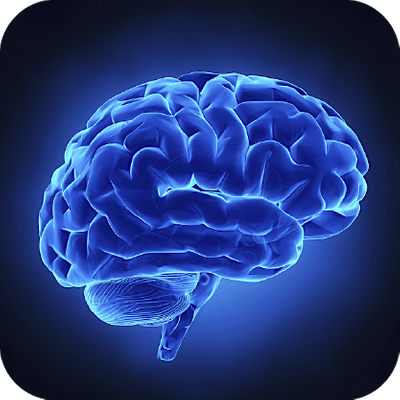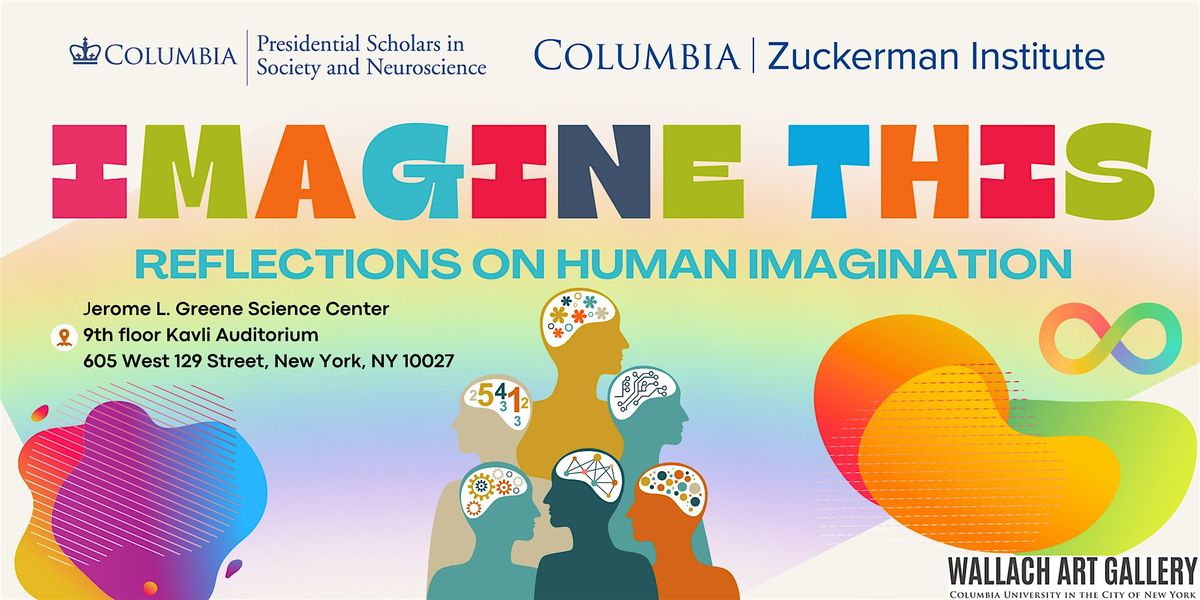
About this Event
Imagine This
Join us for an insightful conversation about human imagination and aphantasia, the inability to form mental images. We'll discuss diverse ways of thinking and imagining and invite you to explore what your mental image looks like. A presentation of the book Ways of Thinking and Imagining created by The Living Lab will be followed by a panel with experts on the topic.
Imagine This is a collaboration between Columbia University’s Zuckerman Institute, Presidential Scholars in Society and Neuroscience, and Wallach Art Gallery. This event is generously supported by Presidential Scholars in Society and Neuroscience.
Photography: On occasion, we photograph or video events for promotional and archival purposes. When registering for the event at Jerome L. Greene Science Center, you give Columbia University in the City of New York the right to use your image for said purposes. We will never use your names, age or other identifying factors.
Questions? Email us at [email protected]
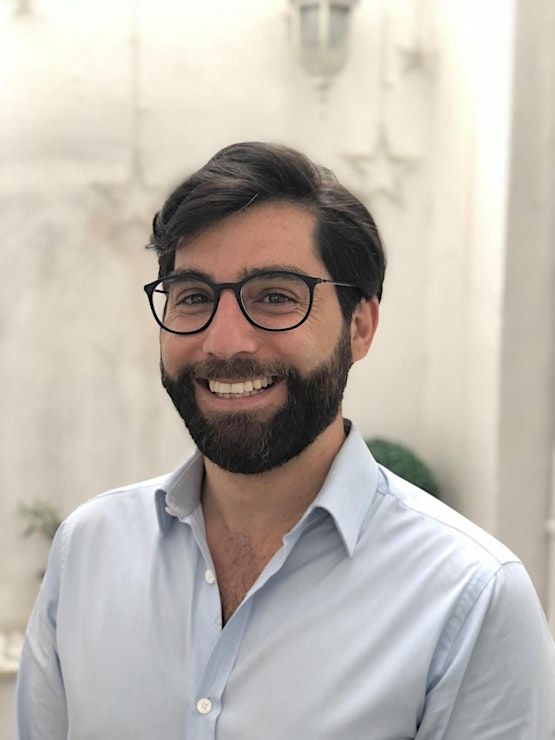
Dr. Alfredo Spagna
Dr. Spagna (he/him) is a Lecturer in the Discipline of Psychology, Director of Undergraduate Research, Co-Director of STAR Program, Director of Undergraduate Studies (Neuroscience & Behavior) at Columbia University. His areas of research include attention, visual mental imagery, frontoparietal networks, neuroimaging, and cognitive neuroscience. Currently, Dr. Spagna investigates the cognitive and neural mechanisms underlying human attention and imagination, with a focus on the interplay between frontoparietal networks and high-level visual regions. His research utilizes a variety of methodologies, including behavioral experiments, 3T and 7T fMRI, MEG, sEEG, and mobile EEG. Dr. Spagna teaches undergraduate courses in cognitive neuroscience, focusing on foundational theories and contemporary research in neural mechanisms underlying cognition and behavior. His courses emphasize hands-on learning, critical thinking, and the application of neuroscience to real-world problems. As the Director of Undergraduate Studies for the Neuroscience and Behavior Major, Dr. Spagna mentors a diverse group of undergraduate students, helping them navigate academic, research, and career opportunities. He has also supervised graduate and postdoctoral trainees, many of whom have gone on to successful academic and professional roles.

Dr. Steve Fleming
Dr. Fleming is Professor of Cognitive Neuroscience and Wellcome Trust/Royal Society Sir Henry Dale Fellow at the Department of Experimental Psychology, where he leads the Metacognition Group. He is also Group Leader at the Max Planck UCL Centre for Computational Psychiatry, and Principal Investigator at the Wellcome Centre for Human Neuroimaging. The group’s research focuses on the mechanisms supporting human subjective experience and metacognition by employing a combination of psychophysics, brain imaging and computational modelling.
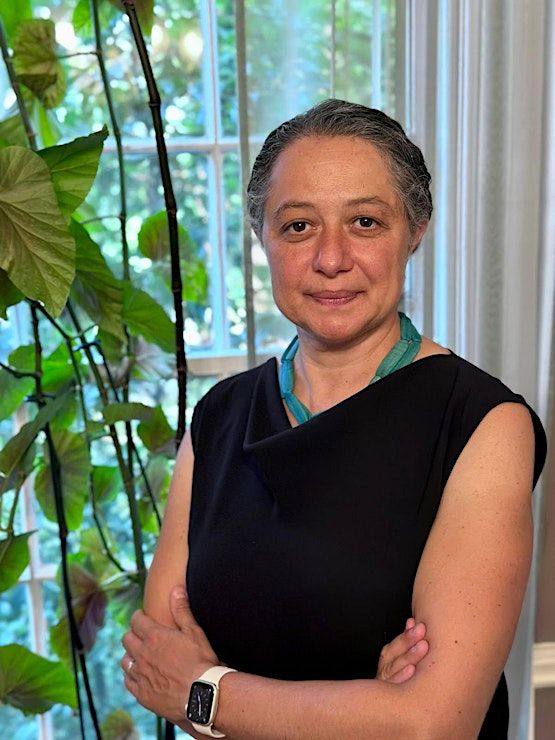
Dr. Sarah Shomstein
Dr. Shomstein is a Professor of Cognitive Neuroscience and affiliated faculty at the Neuroscience Institute and Mind-Brain Institute at The George Washington University in Washington, D.C. Her research is concerned with understanding the psychological and neural mechanisms underlying attentional selection. For more information about Dr. Shomstein's research, visit the Attention and Cognition Laboratory. Dr. Shomstein received her Ph.D. from Johns Hopkins University.
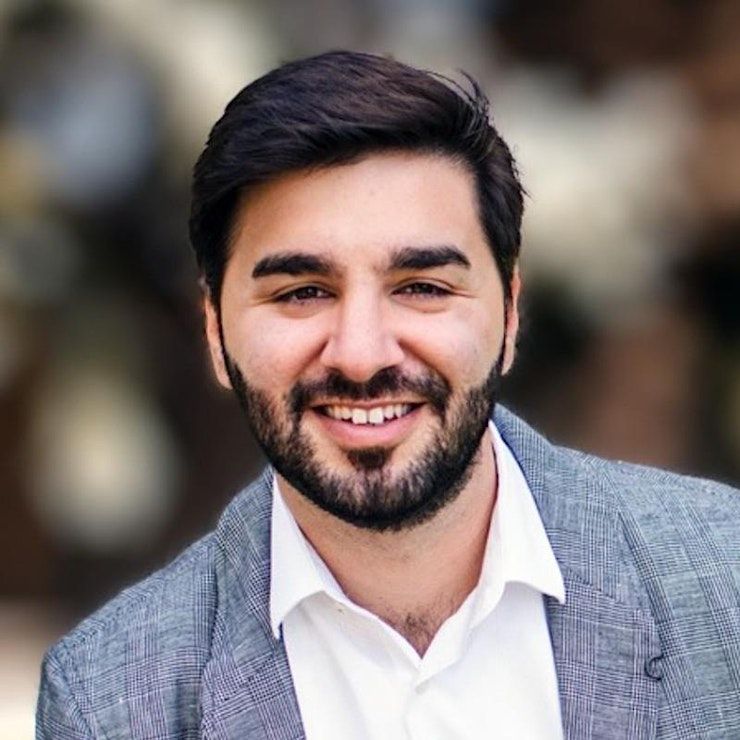
Tom Ebeyer
Tom is the founder of the Aphantasia Network. This mission resonates deeply with Tom especially since he was one of the first 21 cases documented worldwide. His curiosity in aphantasia is both deeply personal and pioneering. As its founder, he has committed to driving world-class research, spearheading transformative advocacy initiatives, and ensuring compassionate support reaches every corner of the globe.
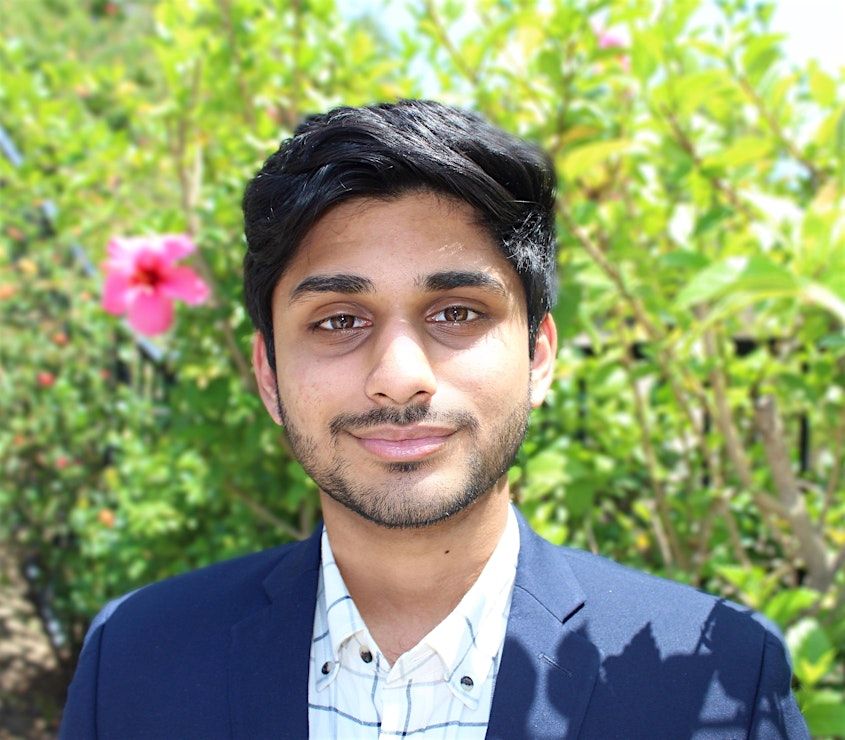
Emaad Razzak
Emaad is an emerging neuroscience researcher investigating how individual-level variations in mental imagery inform problem-solving performance and strategies. Driven by his personal experience with aphantasia, he developed a profound commitment to understanding cognitive diversity after grappling with challenges in autobiographical memory and visually demanding domains. Harnessing psychophysiological indices, Emaad’s work uncovers the intricate dance between mental imagery and working memory, revealing their impact on problem solving across diverse cognitive profiles. He has presented these insights at the annual meeting of the Association for the Scientific Study of Consciousness in Tokyo and, in a recent publication, has shed light on how subjective experiences can influence objective metrics. Through his research, Emaad champions more inclusive frameworks in both scientific inquiry and education, ensuring that a wide spectrum of cognitive styles is recognized and supported.
Agenda
🕑: 05:00 PM
Doors open.
🕑: 05:00 PM - 06:00 PM
Explore your imagination with the Wallach Art Gallery.
Info: Mental imagery is deeply personal, making it a challenge to study. In this interactive activity, we’ll explore how individuals visualize the same object—like a lemon—differently. With guidance from a local artist, participants will describe a lemon using words rather than visuals, translating those descriptions into a collaborative artwork. This process highlights the diverse ways our minds create imagery, regardless of artistic skill, and may culminate in a community mural.
🕑: 06:00 PM - 06:30 PM
Book Presentation: Ways of Thinking and Imagining
Info: By Emaad Razzak
🕑: 07:00 PM - 08:00 PM
Panel Discussion followed by Q&A
Event Venue & Nearby Stays
Columbia University's Jerome L. Greene Science Center, 605 W 129th St, New York, United States
USD 0.00
